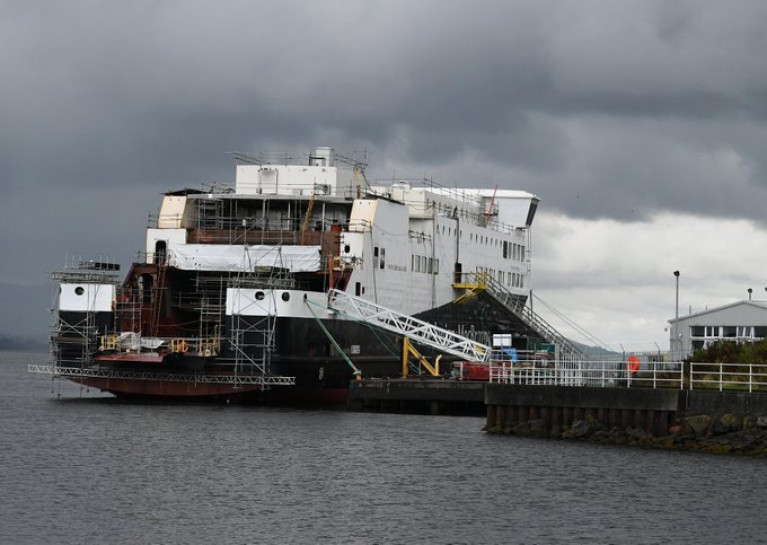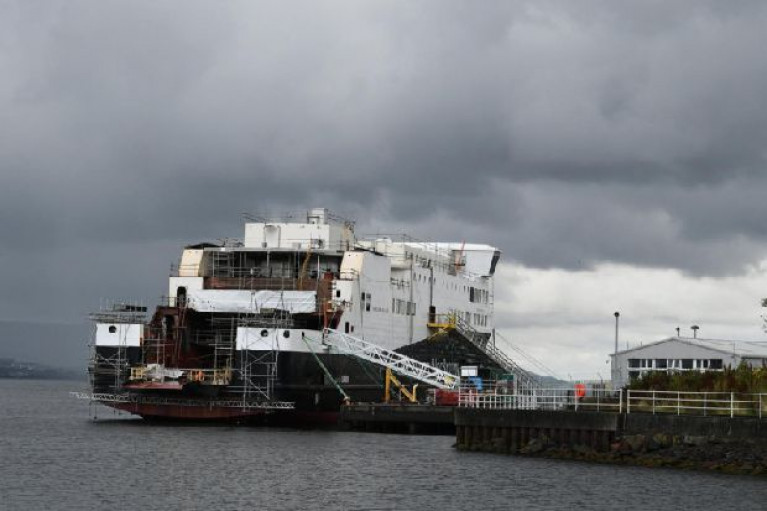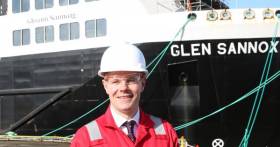Displaying items by tag: Scottish Gov
Officials from Scottish Government Deny Allegations of Corruption in Ferries Procurement
The director of aviation, maritime, freight and canals, Fran Pacitti of Transport Scotland, and head of the ferries unit, Chris Wilcock, rejected the allegations as they appeared before MSPs.
In August last year, the Port Glasgow (Ferguson Marine) yard was saved from administration by Scottish ministers before then finance secretary Derek Mackay announced in December the two ships – 801 and 802 – could be delivered late and at as much as double the original cost.
As part of the procurement process for (Arann & Uig Triangle) ferries, CalMac, Caledonian Marine Assets Limited (CMAL) and the Scottish Government entered into an agreement.
More on the story, The Scotsman reports here
Shipyard Ferguson Marine 'Forced Into Administration' by Scottish Government
On Clydeside a troubled shipyard was "forced into administration" by the Scottish Government without giving the private sector time to save it, a dossier compiled by its former owner has claimed.
Ferguson Marine, the last yard in Scotland still handling non-defence orders, was nationalised by Holyrood ministers late last year after a contract to build two new ferries was beset by massive delays and cost overruns.
Jim McColl, the Monaco-based billionaire who took charge of the shipyard in 2014 through his Clyde Blowers company, has been critical of how the Scottish Government has handled the debacle.
A dossier, compiled by a QC on McColl's behalf, has now claimed Nicola Sturgeon's failure to mediate between Fergusons bosses and government quango Caledonian Maritime Assets Ltd (CMAL) led to the yard's collapse and left taxpayers picking up the bill.
For more on the story HERE reports The Scotsman on the duel-fuel ferries destined for Isle of Arran and Uig Triangle services.
Ferry 'Fiasco' As Scottish Ministers Sued by Their Own Company
The Scottish National Party (SNP) Government is facing the “fiasco” of being sued by its own ferry company, writes The Herald.
Connectivity and Islands minister Paul Wheelhouse today confirmed that the state-owned ferry operator CalMac had raised legal proceedings over a disputed £450m contract as Afloat previously reported (see end of article).
The Government said it would work to "maintain continuity of service and full connectivity to and from the Northern Isles".
CalMac is challenging a decision by Scottish Ministers to award the Northern Isles Ferry service to commercial rival Serco Limited in September.
For further reading on the ferry fiasco contract, click here.
A contract has been signed by the Scottish Government to take the troubled Ferguson Marine shipyard into public ownership, reports The National.
It follows an agreement reached last month for the Government to take over the yard after the firm entered administration in August. A meeting of the board of directors of Macrocom – the company wholly owned by Scottish ministers that will own the Ferguson Marine business and assets – was held yesterday to consider and sign the contract.
Full completion of the contract and the final transaction is expected to take place in the coming weeks.
Finance Secretary Derek Mackay said the action taken would help to ensure a future for the yard. “Our focus has always been on ensuring completion of the two public sector ferries at the best value for money for the taxpayer, while also working towards the delivery of the other vessels under construction at the yard, and in doing so, securing jobs for the workforce,” he said.
More on the story here.































































